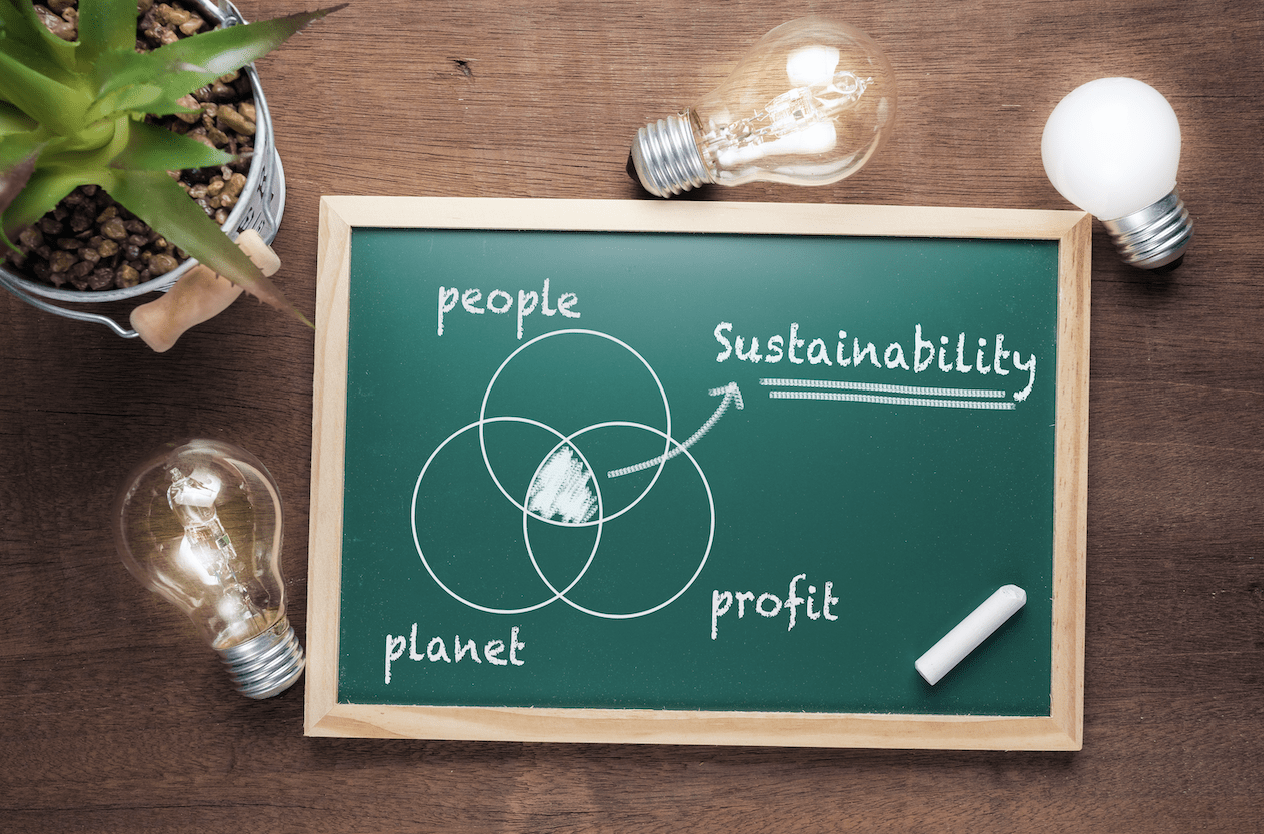Understanding Greenwashing: How To Spot It
by akarsama | Jun 25, 2020 | Greenwashing, Blog | No Comments

What is Greenwashing?
Greenwashing is false and misleading marketing techniques used by brands or companies to assure consumers the brand or company is more sustainable than they actually are.
Some brands are greenwashing merely to sell more product. Greenwashing is highly unethical; brands are fooling consumers into believing their products and processes are more “sustainable” or “eco-friendly” than they actually are.
By understanding what greenwashing is and how to spot it, consumers can confidently steer clear and avoid purchasing products from deceptive brands.
How To Spot Greenwashing
Greenwashing is not always obvious.
Companies that are vague on their website in regards to their supply chain and manufacturing processes may be a red flag. Overuse of language such as “eco,” “bio,” or “green” without substantiated support for the claim may also be of concern. “Vegan” or “natural” does not mean products are eco-friendly.
Claims supported by numbers are more reliable than words. Product certifications reinforce sustainable manufacturing procedure which verifies product trust and transparency of consumer products. OEKO-TEX and bluesign® are good examples of third party product certification.
Consumers are always encouraged to research products before they purchase. From peer review of products to interactive social media platforms- information is readily available. Brands and companies that are upfront about their supply chains, production lines, social and environment impact are taking the initiative to inform and educate consumers of their sustainability progress.
What Should Consumers Do?
If a brand is suspicious of greenwashing, avoid and refuse purchasing products from the brand. Inform others. If desired, challenge the brand on social media regarding their attempt to mislead.
Support brands and companies that set clear intentions of achieving sustainability goals. In addition, support brands and companies that communicate process efficiencies and product innovation with factual claims.
Now more than ever, brands and companies are held to high standards. In the age of social media and e-commerce, consumer attention is fleeting.
In conclusion, brands must differentiate by adapting to address the consumer demand for transparency.

Textile Industry Celebrates Earth Day
Earth Day was initially celebrated by the United States on April 22, 1970, to raise awareness of...

The importance of transparency and traceability
Many consumers are aware of the term sustainability, let alone numerous related terms like...

Fair Trade in Fashion: Fair for all in the Industry
In today’s global world, trade influences the production of most goods and services in one way or...


